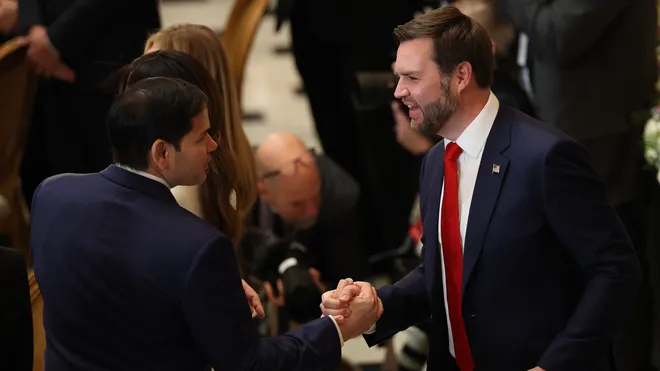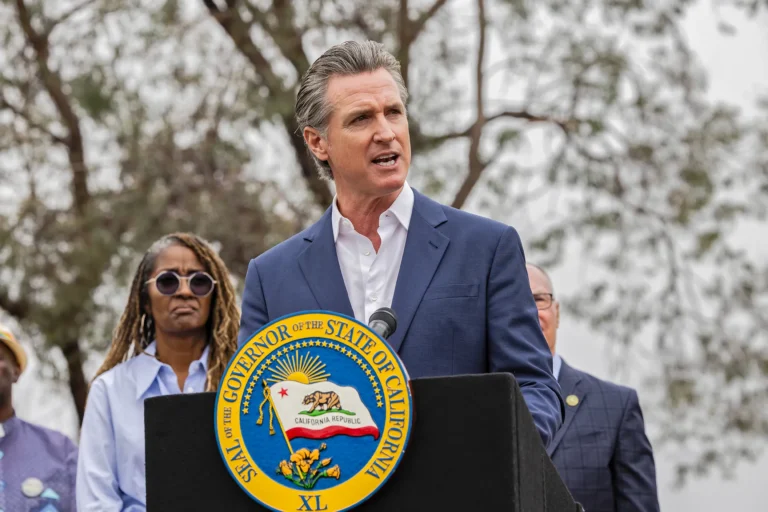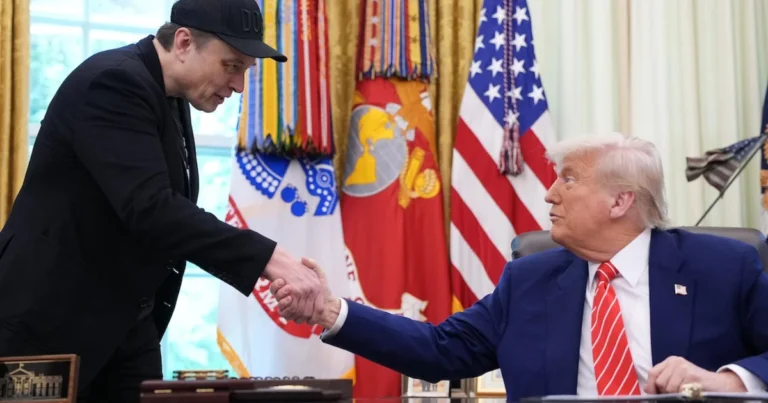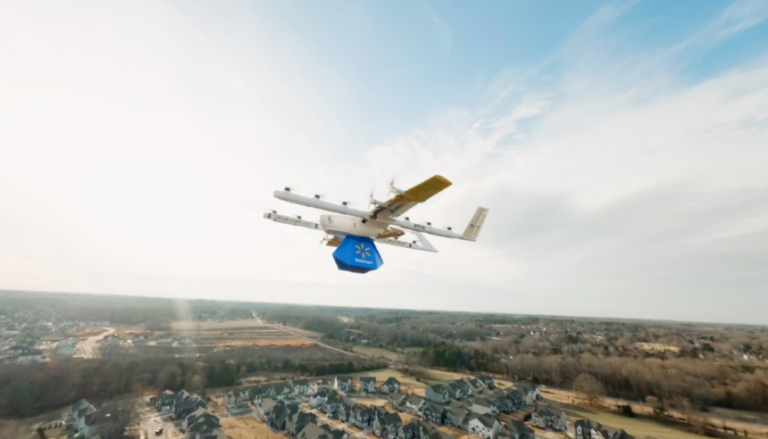
WASHINGTON – “Little Marco” no more.
Secretary of State Marco Rubio is bigger than ever in a rapidly evolving White House. He’s become the face of President Donald Trump’s threats to abandon Ukraine, massive foreign aid cuts and a deportation policy that has split the public.
Trump has even named him, along with Vice President JD Vance, as a possible 2028 MAGA successor.
Rubio has now stepped into the role of national security adviser, setting the one-time Trump rival up for an even greater role in Trump’s foreign policy. He is only the second person to have held both positions simultaneously. (The other was Henry Kissinger.)
But the elevation comes with danger for Rubio’s political career: Trump’s had five national security advisers since he was first elected in 2016 – all but one were pushed out. “Marco Rubio is going to be in a very difficult position over time,” said former Arkansas Gov. Asa Hutchinson, who served as an under-secretary of Homeland Security. “I don’t think he feels very comfortable favoring Russia in the negotiations with Ukraine or alienating our allies – and yet he’s in the Trump administration.” How Rubio balances his own hawkish views on Russia, and Trump’s desire to end the Ukraine war at all costs, is pivotal to his credibility at home and abroad. Already, senators who voted to confirm Rubio say they’re disappointed, although they concede it’s better to have him in negotiations over Ukraine’s future than not.




